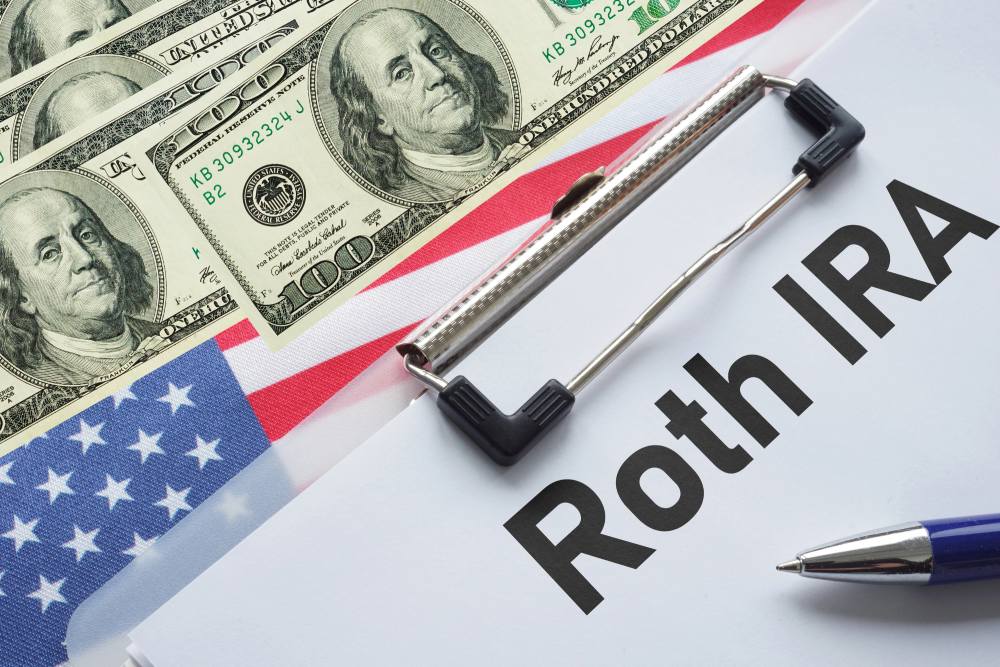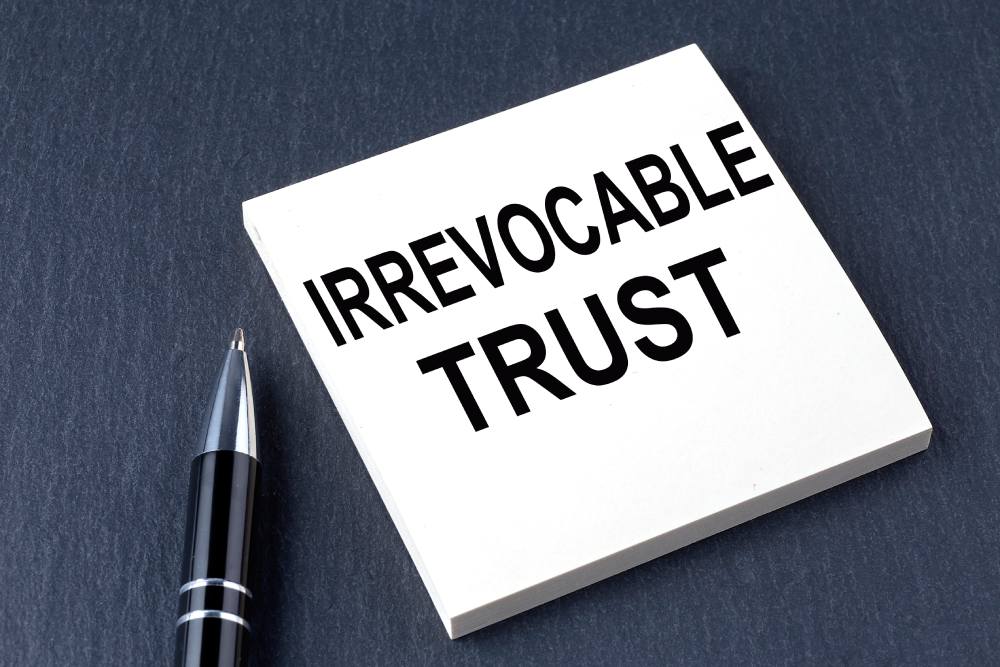If you’re asking, ‘Do I need to report a Roth IRA on your taxes?’ you’re not alone. Many individuals are uncertain about how to handle their Roth IRA on their tax return. Roth IRAs offer several tax benefits, but it is important to know when to report contributions and withdrawals. This article will explain when Roth IRA activities need to be reported to the IRS and what steps to take.
Understanding Roth IRA Tax Benefits
A Roth IRA is a retirement account where you contribute after-tax dollars. This means you pay taxes on your contributions upfront. The key benefit of a Roth IRA is that, after contributing, any earnings grow tax-free. Moreover, qualified withdrawals in retirement are also tax-free.
This structure makes Roth IRAs a powerful tool for long-term savings. While you do not have to report the contributions in most cases, there are specific situations where Roth IRA activity must be reported on your taxes.
Reporting Roth IRA Contributions
In general, you do not need to report Roth IRA contributions on your tax return. Since contributions to a Roth IRA are funded with money that’s already taxed, you don’t receive a tax deduction when you make the contribution.. The IRS does not require you to report the amount you contribute, except in certain situations.
However, if you exceed the annual contribution limit, the IRS requires you to report the excess amount and pay a penalty. For example, for the tax year 2024, the contribution limit is $6,500 for those under 50 and $7,500 for those 50 and older. Contributing above these limits can result in penalties, so it is important to stay within the allowed contribution thresholds.
Reporting Roth IRA Withdrawals
Unlike contributions, Roth IRA withdrawals must be reported under certain circumstances. Withdrawals of contributions are always tax-free, as you have already paid taxes on that money. However, when you withdraw earnings, the IRS will want to know if the withdrawal qualifies for the tax-free status.
To qualify for tax-free withdrawals of earnings, the account must meet two conditions:
- The Roth IRA must have been open for at least five years.
- You must be 59½ or older.
If you take out earnings before meeting the required conditions, those funds may be taxed and subject to penalties. In such cases, you will need to include the withdrawal on your tax return.
Roth IRA Reporting on Your Tax Return
When you make withdrawals from your Roth IRA, the IRS requires you to file a Form 8606 to report the distribution. This form makes sure you are not paying taxes on your contributions, as they were already taxed. Additionally, Form 8606 helps the IRS track the tax-free earnings, ensuring you meet the necessary conditions for tax-free withdrawals.
If you do not withdraw any earnings or withdraw only your contributions, you likely do not need to report anything on your tax return. However, if you withdraw earnings, you must report them to determine if the funds are taxable.
When You Don’t Have to Report Roth IRA Contributions
In most cases, you do not need to report Roth IRA contributions because you have already paid taxes on the money. The IRS does not require you to report Roth IRA contributions directly, except when you contribute more than the annual limit or if you convert a traditional IRA to a Roth IRA. In these cases, you will need to file Form 8606 to report the conversion.
For the clear majority of Roth IRA account holders, reporting is only necessary when you take a distribution of earnings or exceed the contribution limits. Keeping track of your contributions and withdrawals will keep you in compliance with IRS rules.
The Importance of Keeping Track of Your Roth IRA Activity
While Roth IRA contributions are generally straightforward, it is important to keep records of your contributions, withdrawals, and any conversions. This will help you in the event that you need to file Form 8606 or if the IRS asks for proof of tax-free withdrawals.
It is also a good idea to work with a tax professional who can guide you in reporting your Roth IRA contributions and withdrawals correctly. They can help make sure that your retirement savings remain tax-efficient, avoiding penalties and other complications.
Self-Directed IRAs: More Control Over Your Investments
For those who want more control over their Roth IRA investments, a self-directed IRA is an option to consider. A self-directed Roth IRA allows you to invest in a wide range of assets, including real estate, precious metals, and other alternative investments. If you have a higher risk tolerance or specific investment goals, a self-directed IRA gives you the flexibility to manage your retirement savings actively.
At Nevada Trust Company, we specialize in helping clients navigate retirement planning and tax-efficient strategies. If you’re looking for ways to protect the wealth you accumulate in your Roth IRA, a Nevada asset protection trust could be an excellent solution.



